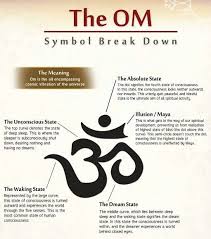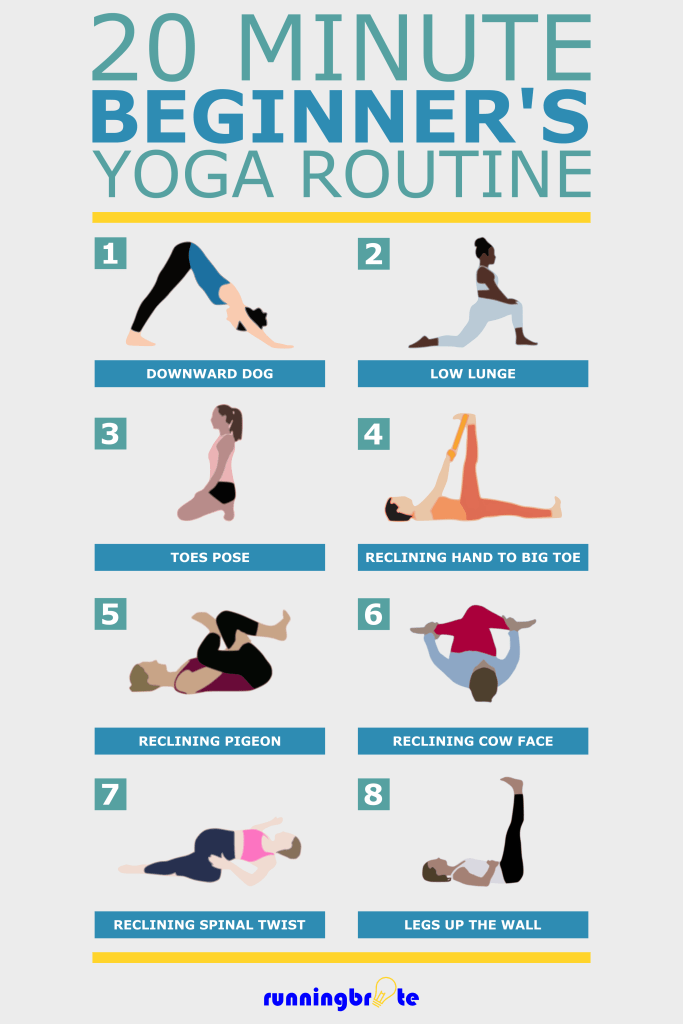
For medical concerns, men often neglect to seek out a doctor. But they should know how to tell if their heart is stressed and what they can do to prevent permanent damage. Even though men are more likely have heart problems than their female counterparts, they don't visit their doctor as often. Dr. Stephen Heaney is an interventional cardiologist at UT Physicians. He explains what signs can indicate a stressed heart. Continue reading to find out more about these heart issues.
Broken heart syndrome
Although broken heart syndrome may be mistaken for heart attack, it does not involve blocked coronary arteries and permanent damage. These symptoms usually appear after a stressful event. An electrocardiogram can be ordered by your doctor. This shows abnormal electrical activity within the heart. An electrocardiogram may be ordered to check for signs of damaged heart muscle. The doctor may recommend a cardiac MRI if the symptoms continue for longer than two weeks. The doctor will also perform blood tests to check for signs of heart failure, including a higher level of cardiac enzymes than normal.
Most people who survive the initial shock to their heart beat recover in four to eight weeks. If the symptoms persist after six weeks, your doctor may order an echocardiogram to see if your heart has recovered. If your tests are normal, you may be allowed to discontinue medication. There are cases where people experience a rhythm problem or congestive hearts failure. Even though symptoms of broken heart syndrome may not be life-threatening they can lead to more serious complications, such as low blood pressure or congestive cardiac failure.

Stress cardiomyopathy
Stress cardiomyopathy is characterized as chest pain and dyspnea. Stress cardiomyopathy is similar to symptoms in acute cardiac conditions such as heart attack and acute myocardial damage. However, unlike heart attacks, stress cardiomyopathy is triggered by a physical or emotional stressor. You may experience a major accident or another physical stressor.
Takotsubo cardiomyopathy, or broken heart syndrome, is a type of stress-induced heart condition that manifests with similar symptoms to a heart attack but does not necessarily indicate underlying heart disease. In affected patients, the left ventricle contracts and enlarges, causing pain and shortness of breath. While takotsubo cardiomyopathy may appear unrelated to underlying heart disease, it should still be investigated.
Notch route
Recent studies have shown that the Notch pathway is involved in cardiac remodeling. This may help to prevent a heart attack. The antibody against Notch1 is used to activate this pathway. The transaortic constriction method produces a pressure overload in the LV, activating Notch1 in both WT and TGJ1 mice. Echocardiographic measures of cardiac function and dimensions in the WT mice and the TGJ1 mice showed that Notch1 overexpression led to a hypertrophic and enlarged heart.
Restoring Notch signaling could also prevent atherosclerosis. This is a condition in which increased Notch activity causes inflammation. Down-regulation of Notch in mice reduces the ability of the heart to heal wounds and treat acute infections. The manipulation of Notch signaling pathways requires extreme care. It is possible that the p53 protein could influence Notch's pleiotropic properties. These protein inhibitors might not work against atherosclerosis in humans.

Treatment options
It's well known that chronic stress can lead to heart disease. Chronic stress is linked to increased risk of heart disease, high bloodpressure, and chest discomfort. Stress can increase the production of stress hormones and alter the composition of the blood, increasing the risk of heart attack or stroke. Fortunately, there are a number of treatment options for a stressed heart. You can find out more information about your options by clicking the link below.
The first step in treating a stressed-out heart is to determine the root cause. It may take some time to find the cause. Sometimes stress cardiomyopathy is exacerbated with other factors. High blood sugar and high sodium intake are common risk factors. However, anyone with an underlying heart disease should still consider healthy eating habits and regular exercise, along with a range of complementary and alternate therapies.
FAQ
What are the health benefits from yoga?
Yoga is an ancient practice that originated from India. It was developed by Hindu monks over many centuries to improve mental and physical health. Yoga is used by many people for stress relief and relaxation. Some people believe that they can increase their flexibility and strength through yoga.
Yoga improves balance, coordination, and is a great exercise option for seniors who want to keep active. It can prevent falls and other injuries.
Yoga can be good for your heart, as it strengthens the cardiovascular system. If you have diabetes, high blood pressure or are overweight, this is a good option.
Yoga is also known to reduce stress, anxiety, depression and insomnia. Chronic pain can often result from these conditions, so yoga practice may prove especially helpful for people with arthritis or fibromyalgia.
As you get older, your muscles naturally lose some elasticity. But yoga keeps your muscles flexible and strong. As you get older, you'll notice that yoga increases your energy and stamina.
According to the National Institute on Aging, regular yoga can reduce depression symptoms such as fatigue and feelings depressed. The institute also reports that yoga can help lower cholesterol levels and increase bone density.
Yoga can also help with headaches and back pain. Yoga's slow pace, gentle movements and effectiveness in relieving muscle spasms can be attributed to its effectiveness for strains and muscular spasms.
Where can I find a qualified yoga teacher?
There are many qualified yoga teachers available in your community. You may also be able to search for a teacher online if you aren't located near a studio. Online registration is also an option.
How does yoga impact mental health?
Yoga originated in India and is an ancient form of meditation. It was originally used to help people relax and relieve stress. Today, many people use yoga to help them cope with depression, anxiety, panic attacks, insomnia, chronic pain, and other conditions.
Yoga may also improve physical symptoms such as headaches, backaches, arthritis, and high blood pressure. Many yoga practitioners report feeling happier and calmer.
What is the main difference between yoga, pilates, and other exercise?
While both yoga and pilates can be great for working out, their approaches are different. Both are based around stretching, but yoga is more focused on challenging your core muscles to build strength.
Pilates emphasizes strengthening your core muscles as well as improving your balance. It's important to note that yoga can be used to complement pilates workouts.
What is the average time it takes for yoga to get results?
Although yoga is difficult, it can be done with great results. It takes time to increase strength, flexibility, endurance. It is important to start slowly and increase your intensity gradually until you reach the optimal level.
The key is consistency. You will improve your skills if you practice it more often.
Statistics
- The American Psychological Association recently shared that 84% of American adults feel the impact of prolonged stress (5). (healthline.com)
- Start your Fall off right with 20% off All Access Membership when you sign up by 9/25! (corepoweryoga.com)
- The people in the yoga group were 37 percent more likely to have quit smoking by the end of the 8-week program. (nccih.nih.gov)
- Gentle yoga has been shown to ease some of the discomforts of tender, swollen joints for people with arthritis, according to a Johns Hopkins review of 11 recent studies. (hopkinsmedicine.org)
- About one in seven U.S. adults practiced yoga in the past 12 months, according to a 2017 national survey. (nccih.nih.gov)
External Links
How To
Can I do yoga during pregnancy?
Pregnancy can affect your ability to do certain poses safely. Before you begin a new program for exercise, make sure to consult your doctor.
However, you still have many options for poses to be done during pregnancy. These are some suggestions:
-
Do not lift any weights that are higher than your shoulders for pregnant women. Instead, try dumbbells and resistance bands made of lightweight materials.
-
Avoid deep twists. They could cause pressure to your stomach.
-
Avoid backbends until after you give birth. This can place excessive strain on the lower back.
-
Until you deliver your baby, don't lie on your stomach or sit cross-legged.
-
You should not attempt to invert poses such as handstands or headstands without your doctor's approval.
-
Limit your practice to 30 minutes per day.
Yoga can be continued during pregnancy, if you're at the right stage. Your doctor will help you determine when you're ready to begin practicing yoga.